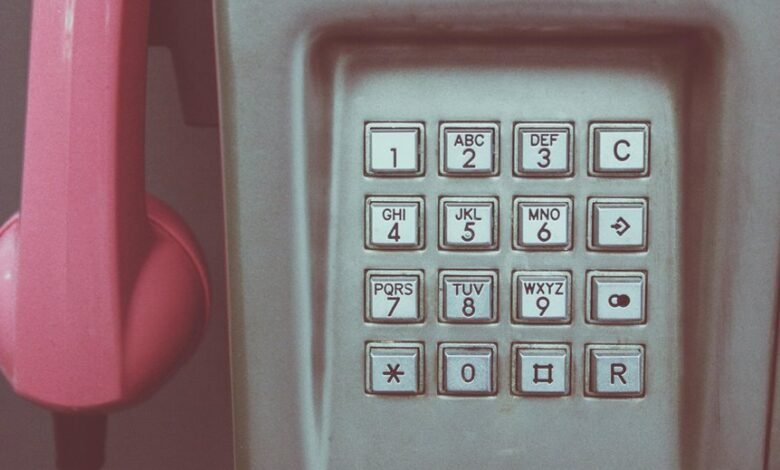Telecommunication Oversight Kilo: 6163066555, 6144613913, 8503974613, 9547567467, 18889924573, 7062478612

In the realm of telecommunications, the framework of Telecommunication Oversight Kilo plays a crucial role in ensuring accountability. The numerical identifiers, like 6163066555 and 6144613913, serve as vital tools for service verification and consumer empowerment. Understanding their significance can reveal how they impact service providers and enhance communication reliability. Yet, the implications extend beyond mere compliance—there’s more to explore about how these regulations shape the industry’s future.
Understanding Telecommunication Oversight Kilo
Telecommunication Oversight Kilo represents a crucial framework for regulating and monitoring the rapidly evolving telecommunications sector.
It ensures telecom compliance by establishing clear regulatory frameworks that adapt to technological advancements.
This oversight empowers you, the consumer, by fostering transparency and accountability among providers.
As the landscape changes, understanding these regulations helps you navigate your rights and the responsibilities of telecom entities effectively.
The Significance of Numerical Identifiers in Telecom Regulation
Numerical identifiers play a pivotal role in telecom regulation, serving as essential tools for managing and streamlining communication networks.
They promote numerical transparency, allowing users to verify and track services effortlessly.
By ensuring accurate assignment and usage of these identifiers, regulators enhance accountability among service providers.
This fosters a competitive environment, empowering consumers and promoting their freedom to make informed choices in the telecom landscape.
Implications for Service Providers
Service providers face significant implications as regulators enforce stricter adherence to numerical identifiers in telecom systems.
You’ll need to navigate complex regulatory challenges while ensuring service compliance. This heightened scrutiny demands efficient resource allocation and rigorous monitoring processes.
Adapting to these changes is crucial for maintaining operational integrity and avoiding penalties, all while striving to uphold customer trust and service quality.
Impact on Consumers and Communication Reliability
As regulators tighten their grip on telecom standards, consumers may experience both positive and negative impacts on communication reliability.
Enhanced consumer protection can lead to improved communication quality, ensuring you get reliable services.
However, stricter regulations might also limit competition, potentially hindering innovation and driving up costs.
Balancing these factors is crucial for maintaining your freedom and ensuring high-quality communication.
Conclusion
In the grand circus of telecommunications, where numbers dance and regulations twirl, you’re left to juggle your choices. With the magical incantation of identifiers like 6163066555, you’re expected to decipher the mystery of service reliability. Service providers, desperate to keep their tightrope act together, must comply or risk tumbling into the abyss of consumer distrust. So, as you wade through this numerical labyrinth, just remember: it’s all part of the show, and you’re the audience who holds the ticket.





